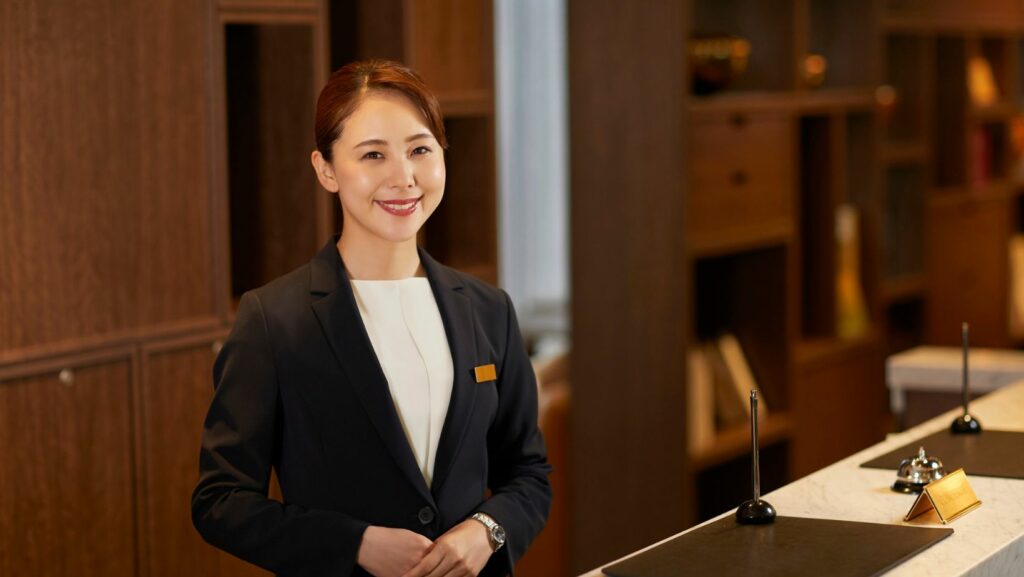Are you wondering how some restaurants and hospitality services consistently attract loyal customers while others struggle to fill seats? How do businesses in such a competitive market create unique experiences that keep guests coming back? The answer lies in specialized marketing—strategies tailored specifically to a restaurant’s or service’s niche, customer base, and brand identity. Hospitality businesses that invest in focused marketing approaches are blooming, building lasting relationships with their audience, and standing out from the crowd.
Understanding the Need for Specialized Marketing in Hospitality
Hospitality businesses, especially restaurants, face a unique challenge: they must appeal not only to hungry customers but also to increasingly discerning consumers who seek personalized, authentic experiences. Mass marketing approaches often fall short because they lack the nuance to address the diverse needs and preferences of potential guests.
Specialized restaurant and service marketing focuses on identifying the unique strengths of a hospitality business and crafting messages that resonate with specific audience segments. Whether it’s a vegan café targeting health-conscious millennials or a luxury hotel offering bespoke wellness packages, specialized marketing hones in on exactly who the customers are and what makes the service uniquely appealing to them.
Digital Presence Tailored for Hospitality Niches
A major reason hospitality businesses thrive with specialized marketing is their ability to build a robust digital presence tailored to their brand identity. Social media channels, websites, and email campaigns aren’t just broadcast tools; they become platforms for engagement. To achieve this, many businesses turn to expert creative agencies like Kovly Studio, which specialize in crafting bespoke digital marketing solutions for the hospitality sector, helping brands communicate their unique story effectively.
Restaurants, for example, can leverage Instagram and TikTok to showcase vibrant food photography, behind-the-scenes kitchen stories, and customer testimonials that speak directly to their ideal diners. Similarly, hospitality services such as boutique hotels or catering companies can use well-crafted email newsletters and blogs to highlight seasonal offerings, special events, or exclusive deals that appeal to their niche audience.
This strategic digital presence allows businesses to build community and loyalty, turning first-time visitors into regular patrons who feel personally connected to the brand.
Leveraging Data to Personalize Marketing Efforts
Specialized marketing in hospitality increasingly relies on data analytics to understand customer behavior and preferences. By analyzing reservation trends, order histories, and feedback, businesses gain insights that guide targeted campaigns.
For example, a family-friendly restaurant may discover that weekend brunch is most popular with parents of young children, prompting the creation of kid-friendly menu options or promotional discounts for families during those times. On the other hand, a fine-dining establishment might identify that its clientele appreciates wine pairings, motivating a focused email campaign promoting a new sommelier’s tasting event.
Using this customer data ensures that marketing messages are not generic but finely tuned to offer real value — making customers feel seen and appreciated.
Collaborations and Localized Campaigns
Hospitality businesses also benefit from partnerships and localized marketing efforts that emphasize community connection. Specialized marketing can highlight collaborations with local producers, artists, or event organizers to create unique experiences that stand out.
For instance, a restaurant might partner with a nearby farm to promote a farm-to-table menu event, appealing to environmentally conscious diners. Or a boutique hotel may team up with local tour guides to offer curated experiences, marketing this exclusivity to travelers seeking authentic local culture.
Such collaborations not only strengthen the brand’s identity but also create marketing content that’s rich, engaging, and highly shareable — a key driver in today’s social media-driven world.
The Power of Storytelling in Specialized Marketing
A critical element of specialized marketing in hospitality is storytelling. Customers today want to feel connected to the places where they spend time and money. Telling a compelling story about the restaurant’s origin, the chef’s culinary journey, or the hotel’s historic architecture creates emotional appeal.
Effective storytelling goes beyond promotional slogans and offers. It paints a picture of what customers can expect and why the business is special. When customers buy into the story, they become part of the experience and more likely to advocate for the brand.
Personalized Customer Service Marketing
In hospitality, exceptional service is the foundation of customer loyalty. Specialized marketing recognizes this by highlighting the personalized care customers receive. Marketing messages that emphasize attentive, customized service build trust and encourage repeat visits.
 For example, a luxury spa might highlight personalized wellness consultations and tailor-made treatments in its marketing materials, setting customer expectations for a unique, high-touch experience. Likewise, a casual dining chain might promote speedy, friendly service tailored to busy professionals seeking quick yet quality meals.
For example, a luxury spa might highlight personalized wellness consultations and tailor-made treatments in its marketing materials, setting customer expectations for a unique, high-touch experience. Likewise, a casual dining chain might promote speedy, friendly service tailored to busy professionals seeking quick yet quality meals.
When customers know a business goes the extra mile to meet their individual needs, it enhances satisfaction and drives word-of-mouth recommendations.
Measuring Success and Adapting Strategies
One hallmark of specialized marketing is its agility. Hospitality businesses track key performance indicators like reservation rates, social media engagement, and customer reviews to measure success. This data-driven approach allows marketers to tweak strategies in real time, adjusting offers, messages, or platforms based on what works best.
For example, a restaurant might find that Instagram reels showcasing quick recipe tips generate more engagement than traditional posts and shift focus accordingly. Or a hotel may discover that last-minute booking promotions drive higher occupancy and prioritize those campaigns during off-peak seasons.
Such adaptability ensures that specialized marketing remains effective and aligned with customer expectations in a fast-changing market.
Conclusion
The hospitality industry’s most successful businesses today are those embracing specialized restaurant and service marketing. By understanding their niche audiences, leveraging data insights, building authentic digital communities, and telling compelling stories, these businesses create meaningful connections that turn casual customers into loyal advocates. As competition intensifies, the ability to deliver personalized, targeted marketing is the key to flourishing in the vibrant world of hospitality.
Specialized marketing isn’t just a trend — it’s a vital strategy for hospitality businesses that want to bloom and thrive in an ever-evolving marketplace.

